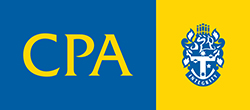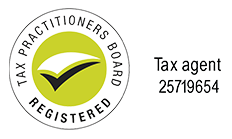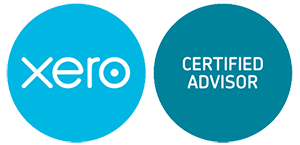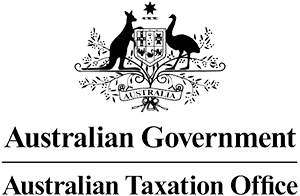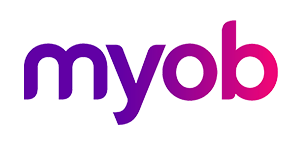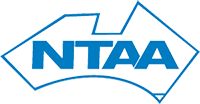Tax Deductions for Professional Sportspersons Checklist
A professional sportsperson is one who engages in sport for money or money’s worth to the extent that the sporting activity is a part time or full time business.
To be tax deductible, expenses must be actually incurred and must be directly connected with earning assessable income from your professional sporting activity. If an expense has joint business and personal purposes, only the business-related portion may be claimed as a tax deduction. Receipts are essential to prove an expense was incurred.
Benefits received are assessable income – wages, allowances, cash prizes (usually, trophies and medals are excluded) and benefits in kind such as cars, holidays and meals. Some sponsor-provided benefits are not assessable.
Tax Deductible items include:
- Managers, trainers and accountants fees
- Travel and accommodation expenses
- Club membership (but not to Leagues Clubs) and game fees, riding fees, competition entry fees, etc
- Clothing specific to the taxpayer’s sport and its laundry and maintenance
- Sun protection products
- Sporting equipment used to produce assessable income
- Insurance
- For certain sports occupations: massage, sauna
- Professional association or union fees
- Home office and computer, to the extent used in producing assessable income
NOT gym fees (unless you are a boxer) and NOT dietary supplements
Non-Australian income and expenses need to be separately identified as there are different tax treatments.
Check with DBA before taking any action. If you have a lot of receipts, you may summarise them for us. Just remember to keep your receipts for five years. If you are unsure whether an expense is deductible, check with DBA Accountants.

